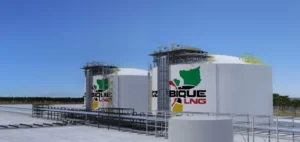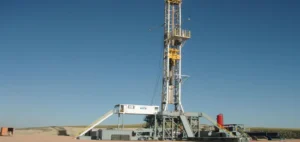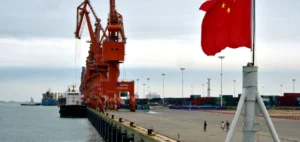Serbia will sign a natural gas supply contract with the Russian Federation in October for a duration of three years. The announcement was made by Dusan Bajatovic, Chief Executive Officer of the state-owned company Srbijagas, on national television. The deal will extend daily gas imports from Russia, currently Serbia’s primary energy source.
An asserted energy dependence
Serbia currently receives 9.5 million cubic metres of natural gas per day from Russia. This is supplemented by 2.5 million cubic metres per day from the Republic of Azerbaijan. Despite this partial diversification, the import structure remains dominated by Russian flows, maintaining a strategic relationship between Belgrade and Moscow.
The country relies on a single underground storage site with a capacity of 780 million cubic metres. If necessary, an additional reserve of 200 million cubic metres can be accessed through a facility located in Hungary, providing temporary reinforcement of supply security.
Diplomatic pressure and overlapping interests
The Serbian government’s energy strategy is facing increasing criticism, as the country remains one of the few in Europe still purchasing Russian gas. This position raises concerns in Brussels and Washington at a time when Serbia is seeking closer integration with the European Union.
Naftna Industrija Srbije (NIS), the country’s oil monopoly majority-owned by the Russian group Gazprom, recently requested a seventh exemption from US sanctions. The request aims to ensure continued crude oil imports, which are at risk under current sanctions policies.
Energy diplomacy under scrutiny
President Aleksandar Vucic is scheduled to meet US Secretary of State Marco Rubio to discuss several bilateral issues, including tariffs and energy-related sanctions. The continued presence of Russian capital in Serbian energy infrastructure is fuelling concerns about the country’s political neutrality, in an increasingly polarised regional context.






















